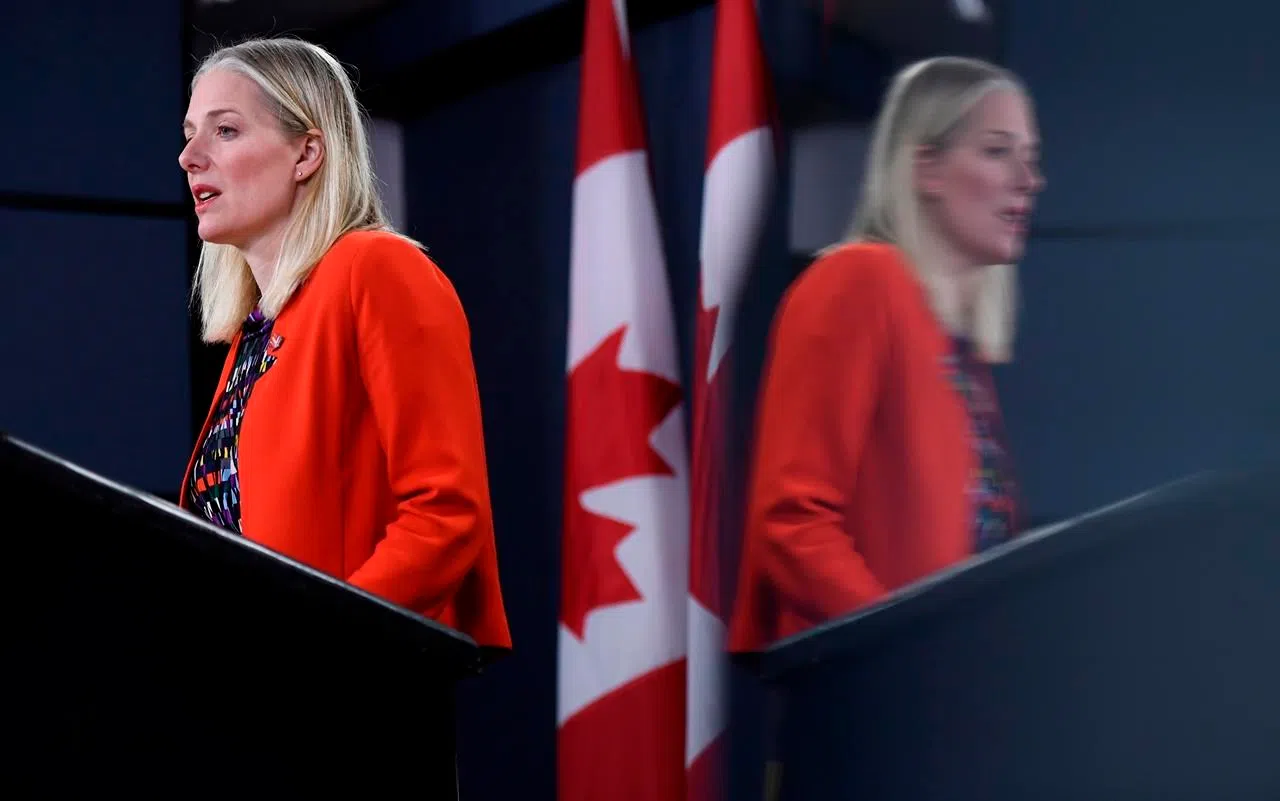
Canada can hit Paris promise if we switch to electric cars and public transit
OTTAWA — Canada’s current climate-change plans leave it 79 million tonnes shy of its greenhouse-gas emissions targets but Environment Minister Catherine McKenna says most of that gap will be closed if Canadians switch to electric cars and public transit more quickly.
Canada aims to cut emissions of carbon dioxide and similar gases to 513 million tonnes a year by 2030. In 2016, the most recent year for which measurements are available, Canada emitted 704 million tonnes. Computer modeling suggests by 2030 we will get down to 592 million tonnes if we fully implement all the measures Canada has planned, like the carbon tax, clean fuel standards, energy-efficiency improvements for buildings and closing coal-fired power plants.
But McKenna said Thursday that a number of moves haven’t been worked into the country’s models yet, such as the construction of major new transit systems and policies to cut the use of single-use plastic packaging.
She said new technology is coming fast that will help Canada get all the way there, holding up her iPhone multiple times as an example of something that didn’t exist 10 years ago but that has now been widely adopted. (Apple’s iPhone was introduced 11 years ago, though it wasn’t available in Canada until 2008.)
